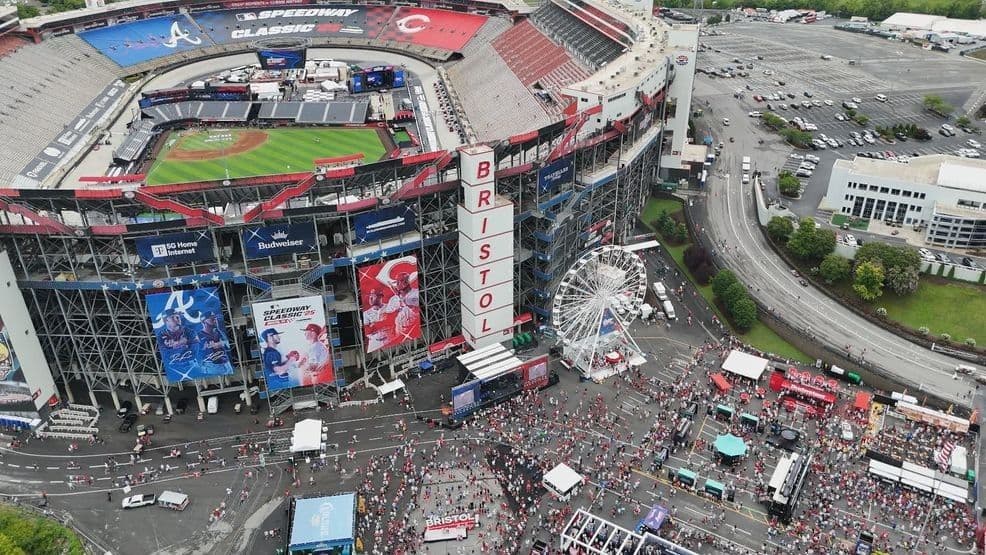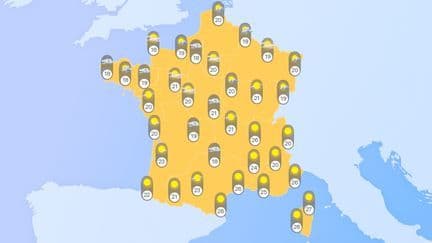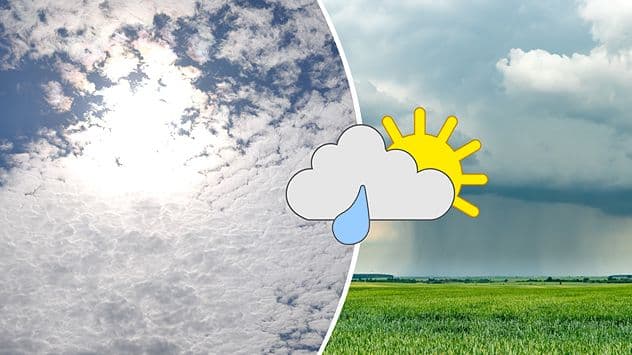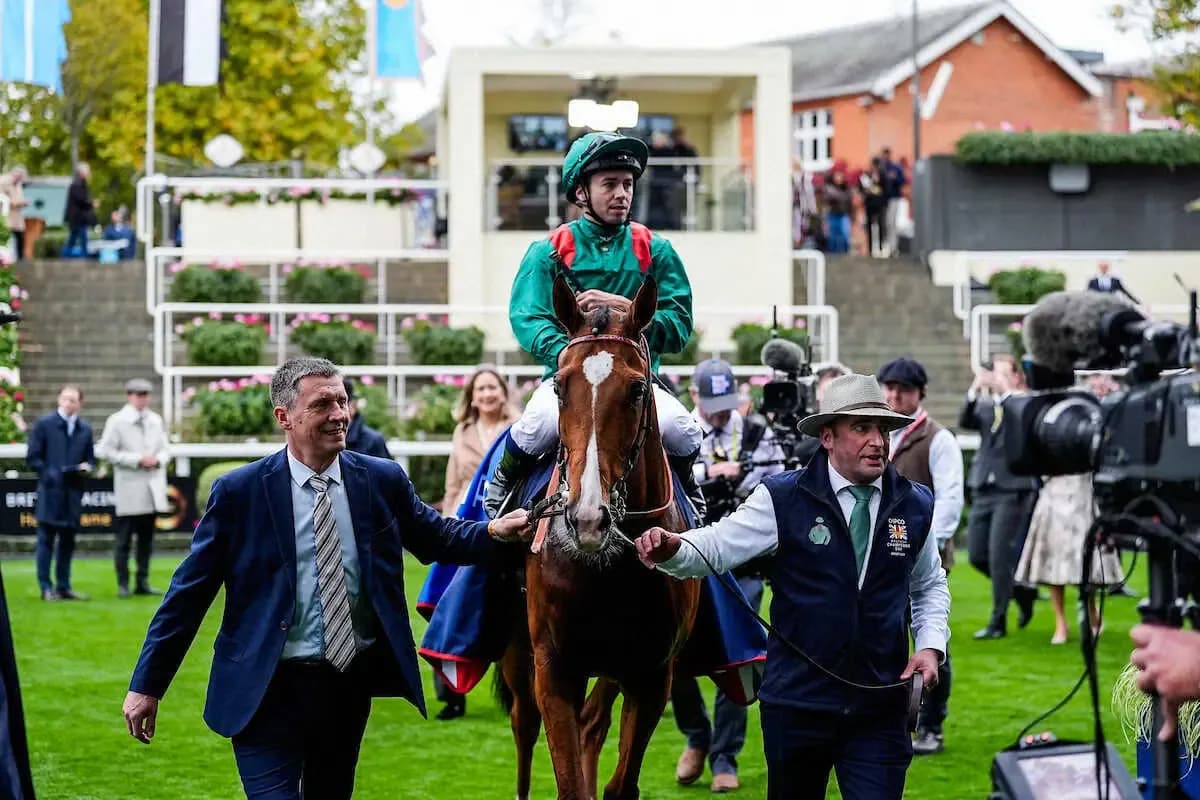The Shortest Path to Glory: A Biological Curveball on Today's Tour de France Stage
Unpack the bizarre reason Tour de France Stage 19 was drastically shortened. See how this biological curveball reshapes strategies for Pogacar & Vingegaard in an explosive mountain dash.
The Unforeseen Contraction: Why Today's Alpine Test Is Different
Today's Stage 19 was set to be another grueling Alpine test, but an unprecedented biological curveball has dramatically reshaped the challenge. Originally slated for 129.9 kilometers, the route has been significantly shortened to approximately 93.1 to 95 kilometers, transforming a long mountain grind into a more compact, explosive affair. This unexpected alteration stems from a highly sensitive animal health crisis: a contagious disease outbreak detected within a cattle herd near the , a mountain that was originally a key climb on the stage. Tragically, the affected animals had to be culled, leading to profound sorrow among the local farming community. In a commendable move, organizers, , in close consultation with relevant authorities, decided to reroute the stage. This decision was made both out of respect for the grieving farmers and to ensure the smooth, unimpeded progress of the race. As the third-to-last stage and the final mountain challenge of this year's Tour, its unexpected contraction sets a unique precedent, promising a day unlike any other for the riders and fans alike.

Anatomy of a Compacted Climb: Decoding the New Route
With the now off the menu, the revised Stage 19, still commencing in and culminating at , offers a distinctly different profile. Instead of tackling the Col des Saisies, riders will now head directly from Albertville towards the formidable . This climb is a significant ascent, stretching 12.6 kilometers with an average gradient of 7.7%. Immediately following, without much respite, comes the , a shorter but still challenging 5.9-kilometer climb averaging 6.3%. After cresting these two categorized climbs, the peloton faces a long, technical descent and a valley section before arriving at the base of the day's ultimate and most decisive ascent. That final climb is the iconic , an hors catégorie behemoth spanning 19.1 kilometers with a consistent 7.2% gradient. What emerges is not a diluted stage, but a condensed, high-intensity sprint through the mountains. The removal of the initial climb means less accumulated fatigue, potentially encouraging more aggressive racing from the outset and shifting the tactical dynamics significantly.
The Favoritos' Gambit: Strategy Shifts for Pogacar, Vingegaard & Co.
The compacted nature of Stage 19 throws a fascinating strategic curveball to the general classification contenders, particularly and . Pogacar, who has looked imperious, seemingly cruising through Stage 18 without breaking a sweat, might find this shorter, more explosive format a double-edged sword. While his sheer power is undeniable, the lack of an extended warm-up period and sustained grinding could make it harder for him to truly drop his rivals, although his current form suggests he can match anyone. His stated desire for another stage victory, either here or on the Champs-Élysées, is certainly realistic, but the intensity from the gun might favor a different type of attacker. For , who, despite his efforts on previous stages, hasn't managed to crack Pogacar, this could be his last genuine opportunity for a mountain stage win. He's spoken about the Tour not being over, and this 'more human' stage, with its reduced distance and elevation compared to the original, offers a more manageable canvas for an offensive masterpiece. The consistent gradient of , in particular, lends itself to sustained efforts where real differences can be made, provided the legs are there after a week of punishing Alpine climbs.
Beyond the Mountains: What This Stage Means for the Yellow Jersey
While the dramatic shortening of Stage 19 certainly adds intrigue, its implications for the coveted are perhaps less profound than for the battle for a stage win. 's commanding lead means that, barring a catastrophic collapse, the overall victory is all but secured. The race for the maillot jaune is, in essence, decided. However, this stage still represents the final mountain hurrah, the last opportunity for climbers to truly shine and for rivals like to claim a prestigious Alpine victory. It's about pride, prestige, and perhaps a final statement before Paris. The intense, shorter format means that any attacks will need to be decisive and immediate. There's less room for a slow burn or a gradual wearing down of opponents over a long day. Instead, it's likely to be a high-octane burst of power from the moment the flag drops, culminating in a fierce battle on the slopes of . This final mountain confrontation, despite its altered length, remains a pivotal moment for individual glory, even if the grand prize is already within Pogacar's grasp.
Adapting to the Unpredictable: A New Chapter for Tour De France Lore
The unforeseen contraction of Stage 19 due to an animal health crisis serves as a potent reminder of the 's inherently unpredictable nature. While we often focus on weather, crashes, or rider performance, this 'biological curveball' adds a unique, almost unprecedented chapter to the race's rich lore. It underscores the myriad external factors that can influence even the most meticulously planned sporting spectacle. For the organizers, , it highlights the immense logistical and diplomatic challenges involved in staging an event of this magnitude, requiring swift, sensitive, and authoritative decisions in the face of unforeseen circumstances. For the teams and riders, it's a testament to their need for constant adaptability. Strategies honed over months can be rendered obsolete overnight, demanding mental fortitude and tactical flexibility on the fly. This incident, born from a sorrowful local event, ironically adds another layer to the Tour's compelling narrative – a narrative that continually proves it's far more than just a bike race, but a living, breathing entity shaped by human, environmental, and now, biological realities.
Related Articles

The Unscripted Star: When Weather Steals the Show at Big Events

The Unscripted Star: When Weather Steals the Show at Big Events

France's Shifting Skies: A Day of Contrasts in Summer Weather

France's Shifting Skies: A Day of Contrasts in Summer Weather

France's Volatile Canvas: Unpacking the Extreme Weather Divide

France's Volatile Canvas: Unpacking the Extreme Weather Divide

The Gallic Conqueror: Karandagan's Strategic Assault on Japan Cup History
